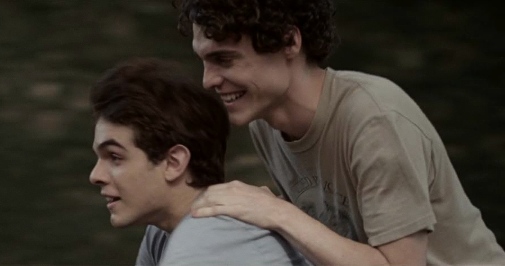
Hear ye, gays and allies!
This month marks the tenth anniversary of the Brazilian coming-of-age rom-com The Way He Looks (Hoje Eu Quero Voltar Sozinho, lit. Today I Want to Go Back Alone), written and directed by Daniel Ribeiro. Since its premiere at the Berlin International Film Festival in 2014, the film - and the short film that it was based on - has attracted warm response from viewers since. Released in Brazil on April 10, the film tells the story of a visually impaired high school student named Leonardo (Ghilherme Lobo) who befriends and later on becomes attracted to his new classmate Gabriel (Fábio Audi). It’s now heralded as one of the modern gems of queer cinema and rightfully so.
Given the event that we’re celebrating, I think this is an opportune time to finally put on the record how I came across this warm hug of a film...
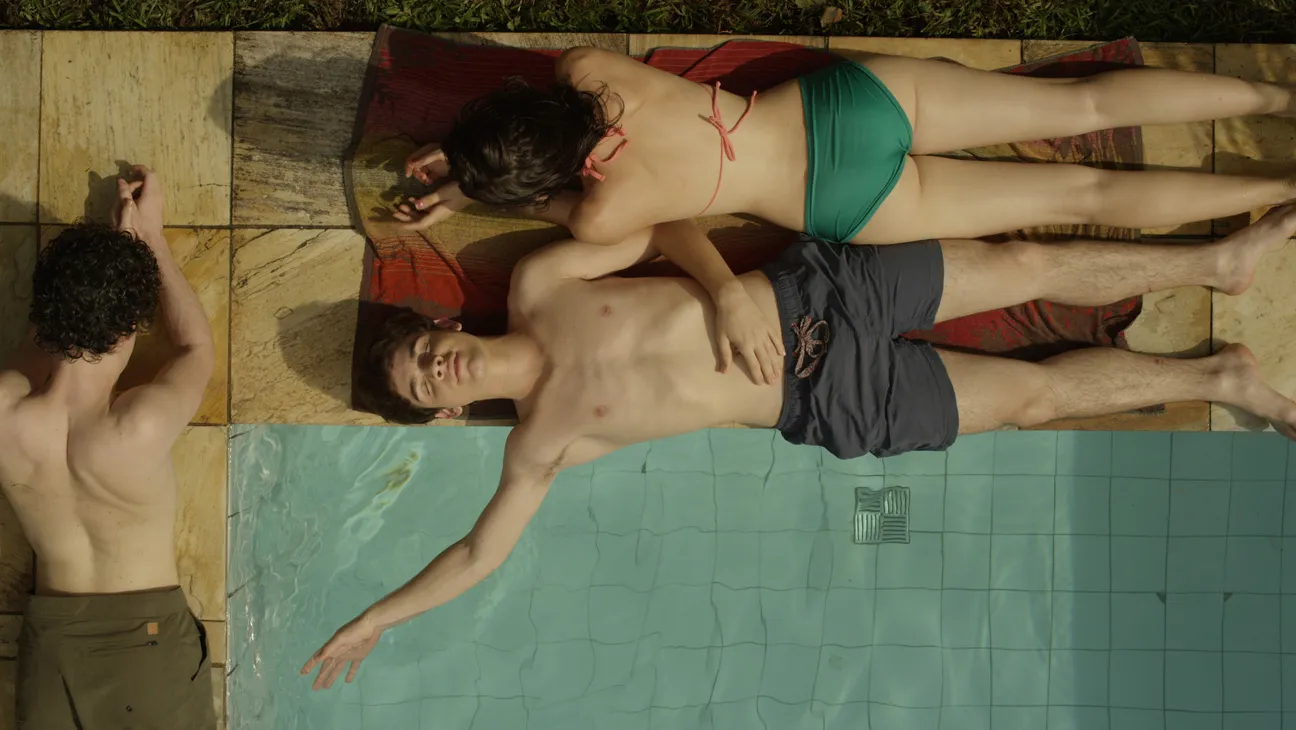
I was in film school then and a colleague of mine (hello, Marga) recommended this film to me. As someone who has his own watchlists to complete, I usually do not prioritize such recommendations right away (I’m sorry, film friends, love you). However, September of 2014 came and this was announced as Brazil’s official submission for then-Best Foreign Language Film at the Oscars. As a young Oscar fan, it immediately shot up my must-watch list. Naturally, I watched it as soon as I could.
It was most likely a Sunday night/near-midnight when I watched this on our desktop located at the corner of our living room. The only light illuminating the room is from the monitor of our computer where I was watching it. Without knowing anything about the film at all, I just hit play and started watching this film.
All good. Nice. Lovely film all right. And then the climax happens…
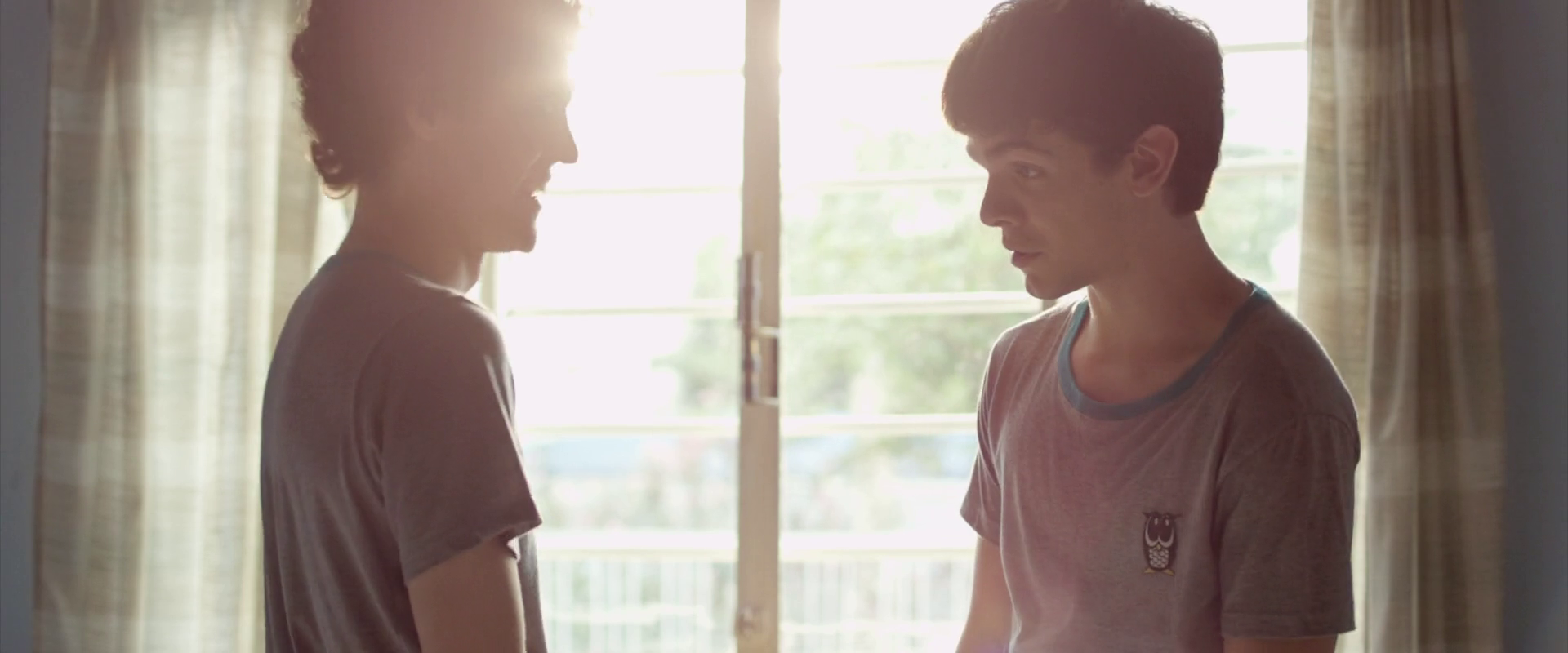
And I sat in awe. I just remembered grabbing my pillow and hugging it hard. My pillow was almost crumpled by that point. Never has a film made me feel gleeful tenderness on that level. It was an incredibly vulnerable moment that nevertheless filled me with exhilaration.
Then the ending happened. If things couldn’t get any more intense, this was the one that finally sealed the deal. I did have to cover my mouth because I wanted to scream in joy, but it was already in the middle of the night, I was the only one awake in the house, and I was not comfortable yet in being open to other people about consuming queer media. Ridiculous, but those were the times.
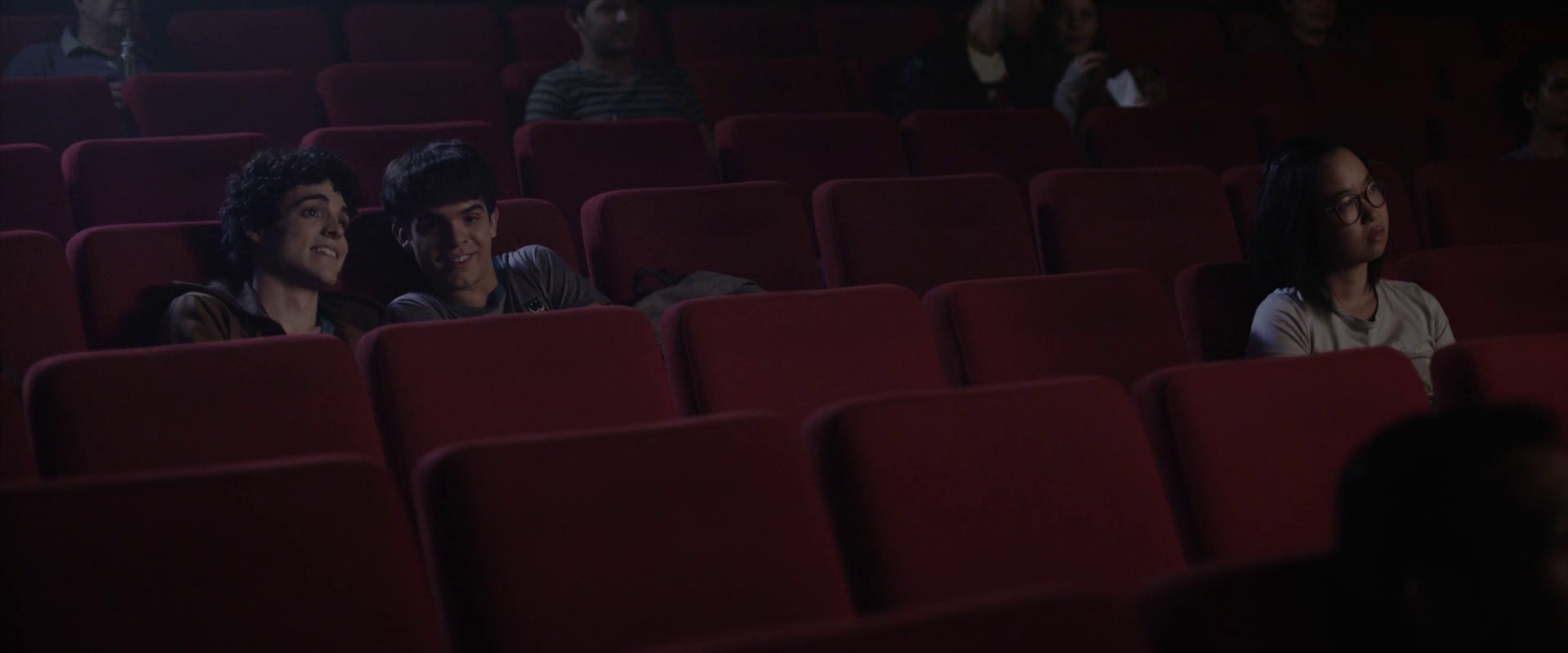
Maybe it was the image of seeing a queer romance reaching full bloom and it was a moment of jubilation that gave me that electric feeling. By that time, my exposure to gay romantic films had been limited. The only one I could remember then was… Brokeback Mountain? Also a great film, don’t get me wrong, and incredibly important in the pantheon of queer films.
But when you only have tragedy as the only endpoint to gay romance and society tells you being gay is something wrong (for context, I live in the Philippines), one’s way of thinking gets rewired. Maybe people like me are not meant for happy endings. It’s internalized homophobia trickling down to the most intimate things in life.
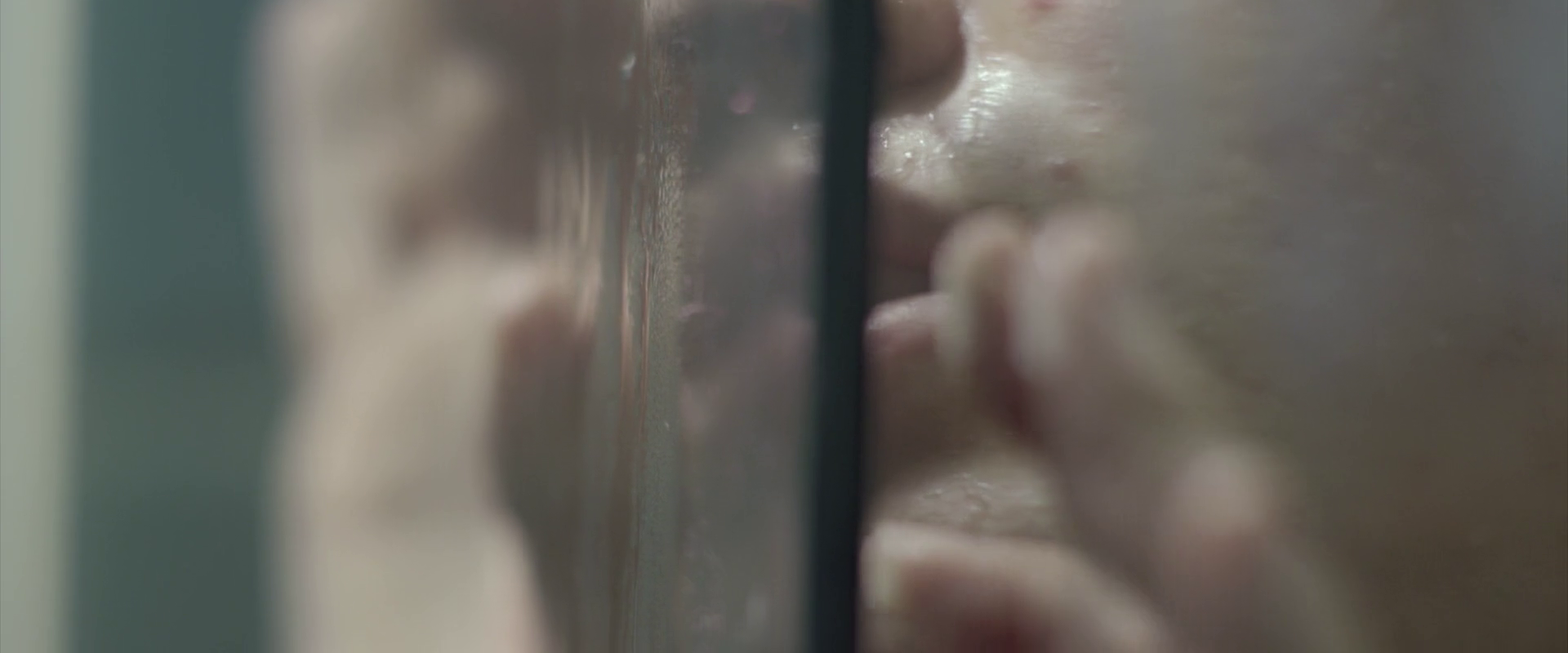
Such is the power of seeing queer joy depicted on screen that unlocks the possibilities in a person’s life. For a sweet natured film like this, its mere existence could be a form of resistance. I cannot remember how the film being Brazil’s Oscar submission was received by the general Brazilian public at the time, but knowing Brazil’s recent history with gender discrimination, this film’s presence even feels more defiant and subversive. Film can be an expansive experience, especially for someone who does not have the same reality yet that the film shows them. That kind of representation has the ability to compel its viewers to not just see reality, but to go beyond what is and aim for what could be.
Along with this, films like this humanize marginalized sectors of our society. Dehumanization is a prime weapon to justify targeted violence. We see it being enacted in various parts of the world right now and in the name of various misguided, vile causes. As for queer people, the hateful rhetoric is steadily rising. We still get tagged as groomers, predators, deviants, perverts, you name it. As we are continuously being stripped off of our humanity, art like this pushes back against this narrative.
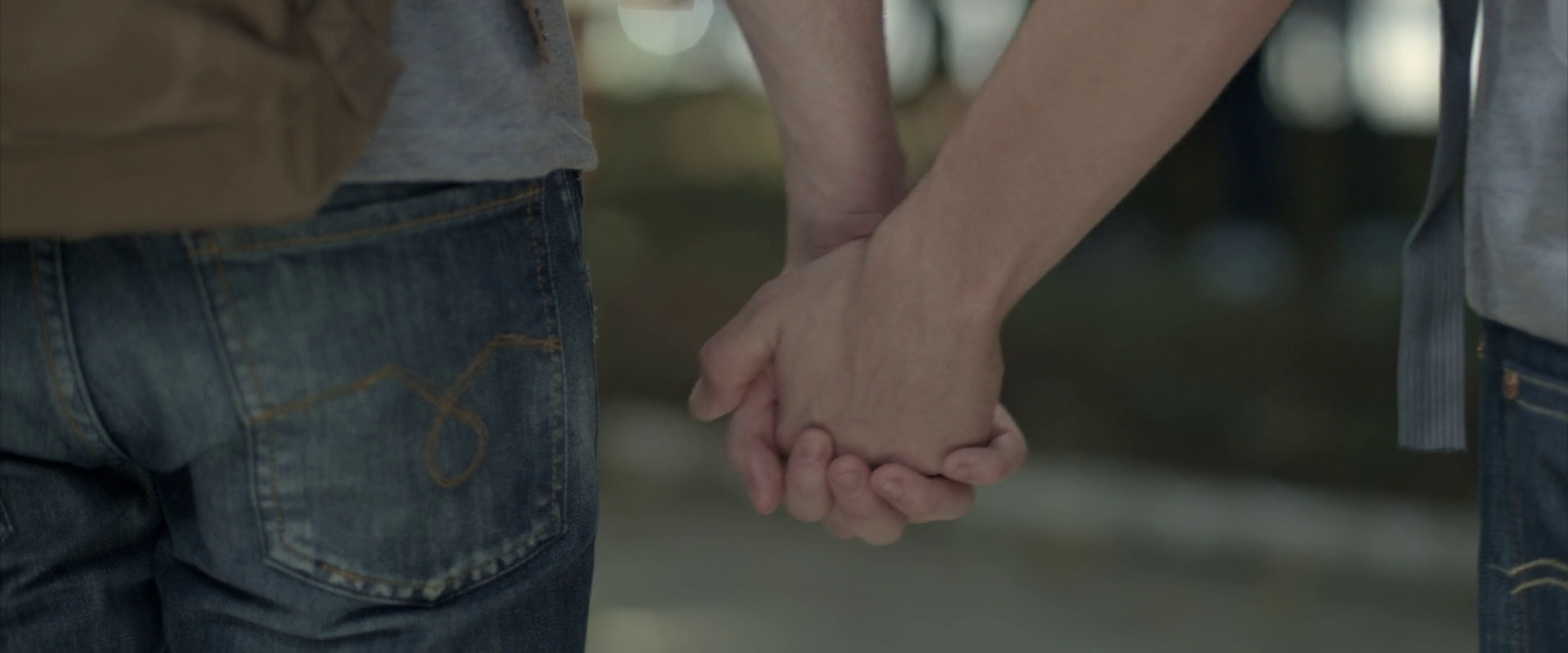
We are not menaces to society that deserve to be targeted with prejudice and violence. We are not sub-humans that people could just trample on by taking away our rights. Queer people also have high school crushes, fall in love, and want to be accepted for who they are. A film like this reminds people that we are human. Clearly, there are still swathes of the world population that need reminding of that. And by all means, let us live our lives with dignity and stop f*cking with us.
But you see, all of this goes back to that fateful Sunday night when I watched The Way He Looks and I experienced queer joy in cinema. Right there and then, something has changed within me.
No wonder it ended up as one of my top ten films of 2014.
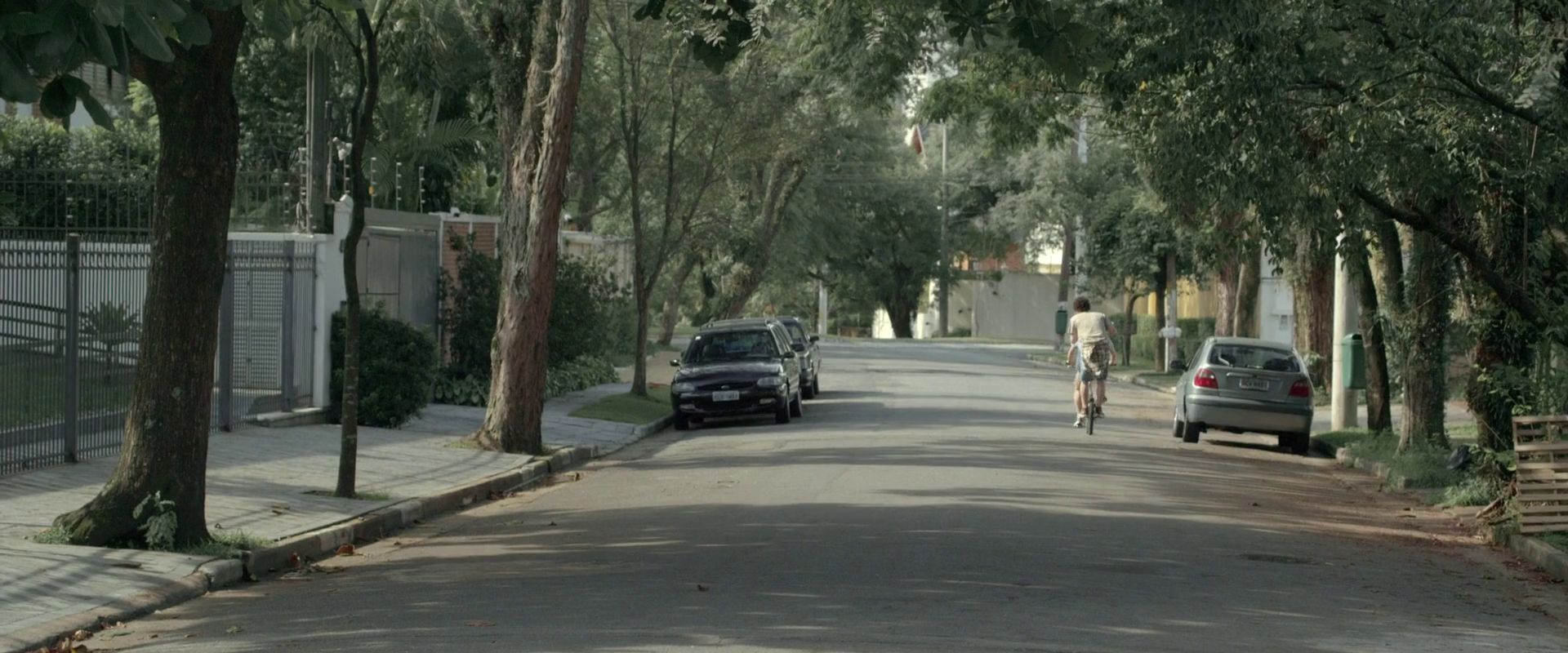
The Way He Looks is currently streaming in Kanopy and is available to rent/buy on Apple TV+, Google Play, YouTube, Amazon Prime, and Vudu.